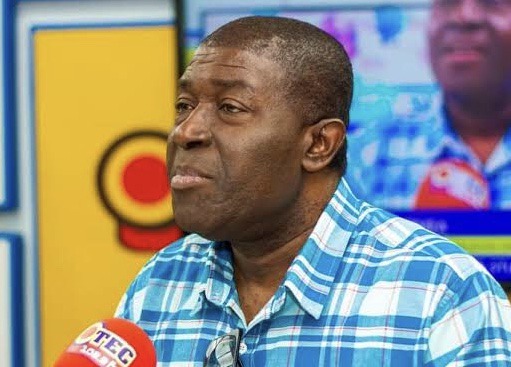According to reports by CitiNews, veteran New Patriotic Party (NPP) figure, Nana Akomea, has firmly rejected Kennedy Agyapong’s recent claims that Dr. Mahamudu Bawumia’s religious background played a role in the party’s loss in the 2024 general elections.
In a direct counter to Agyapong’s assertion, Akomea described the allegation as baseless and dangerously divisive.
Agyapong, who was defeated by Bawumia in the NPP presidential primaries, had suggested that Christian voters turned away from the party because it presented a Muslim candidate.
Speaking in an interview with Citi News, Akomea dismissed this argument, pointing out that religion has never been a determining factor in Ghana’s electoral outcomes.
He noted that even former President John Mahama, a Christian, lost the 2016 election without any religious blame attached to the defeat.
Akomea emphasized that Bawumia’s religious identity had not hindered his success within the party.
“Even Mahama, as President, lost the 2016 elections, but nobody said he lost because of his religion,” Akomea stated.
“So the impression that Bawumia — or the NPP — lost because the candidate was a Muslim is not even tenable, apart from it being such a dangerous campaign strategy.”
He highlighted that during the NPP’s presidential primaries, Bawumia stood out as the sole Muslim among nine Christian contenders — yet still emerged victorious in both the super delegates’ round and the main vote.
He questioned the logic of Agyapong’s remarks, stating that if the NPP were against Muslim candidates, Bawumia would not have been chosen over a field dominated by Christians, including Agyapong himself.
Akomea stated that the theory suggesting religious bias influenced the NPP’s electoral loss holds no credibility and undermines the party’s unity.
Agyapong had earlier sparked debate by arguing that the NPP does not reward candidates who deliver poor electoral results.
He warned that those who underperform in elections should not expect second chances and reiterated his belief that Bawumia’s candidacy cost the party support, allegedly due to religious differences — a claim that has drawn criticism from both senior party members and the grassroots.
